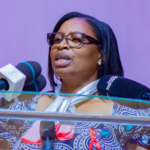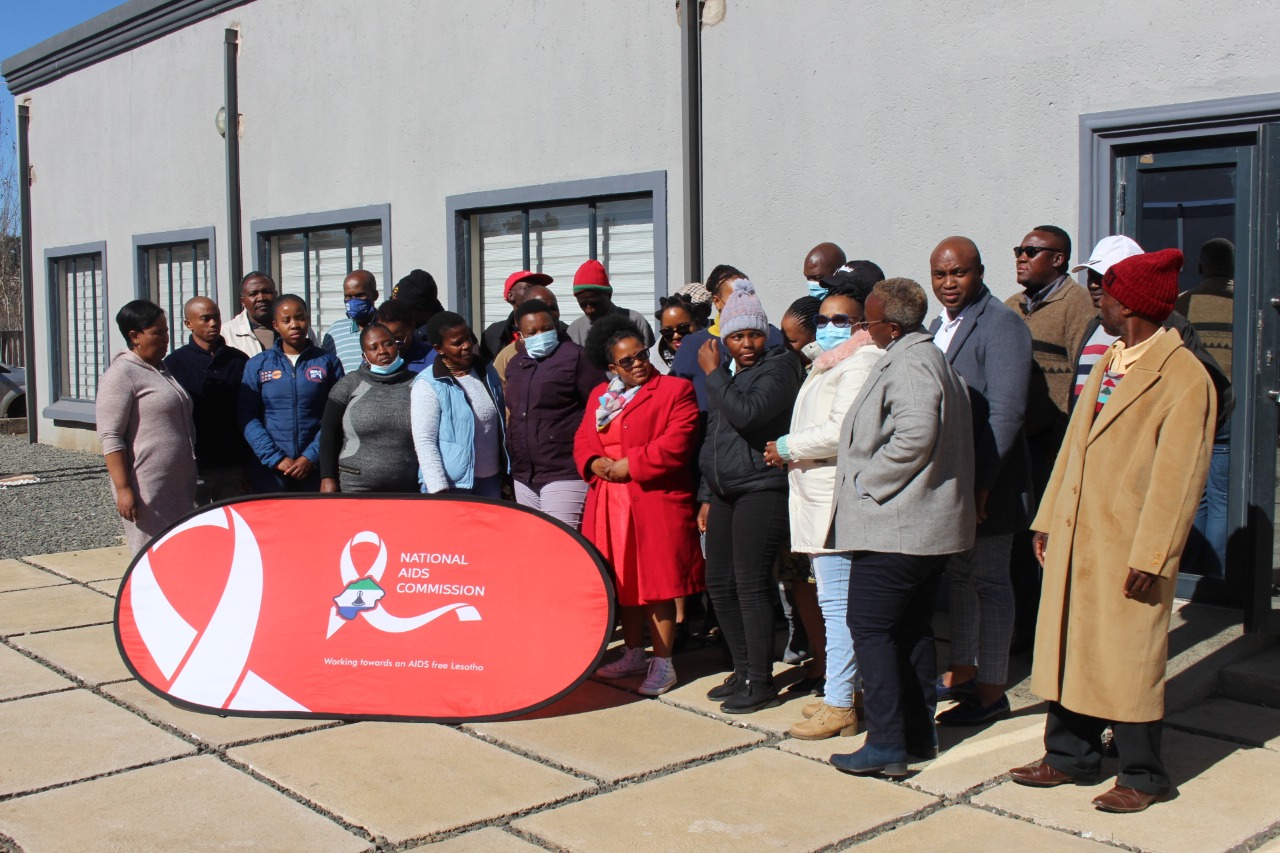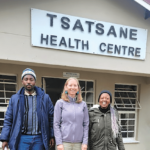Twenty-three-year-old Thato Khampepe has defied the odds, delivering a healthy, HIV-negative baby despite living with the virus herself, a milestone she credits to the Ministry of Health’s Prevention of Mother-to-Child Transmission (PMTCT) programme.
Khampepe’s journey began in 2019, when she tested positive for HIV during a routine check-up. She recalls the moment as life-changing but says her family’s unwavering support kept her strong.
“They have been very supportive since I found out about my positive status,” she said. “They have never discriminated against me or stigmatised me. They support me through everything and even remind me about my check-ups.”
In 2023, Khampepe discovered she was pregnant and immediately began Antenatal Care (ANC). Determined to protect her baby, she followed every instruction from her healthcare provider.
Her son, now 19 months old, was given preventative medication Nevirapine at birth and CTX at six months. The result: he remains HIV-negative.
“It was a happy moment for me to deliver an HIV-negative baby,” Khampepe said. “I believe it is always possible for a positive mother to have a negative baby if they listen to their healthcare provider’s instructions.”
She urged other HIV-positive women not to lose hope.
“There is nothing wrong with having a baby when you are positive, as long as you and your baby are protected,” she said.
Khampepe’s story highlights the promise of Group Antenatal Care (Group ANC), a model the Ministry of Health is piloting to improve maternal and child health outcomes.
Unlike traditional one-on-one visits, Group ANC brings pregnant women together to share experiences, learn, and support each other.
“We give them that autonomy to even come up with the topics to be discussed during visits, and they are able to talk more,” said ’Mafusi Mokone, Senior PMTCT Advisor. “Some groups even create WhatsApp and Facebook groups to stay connected after clinic visits.”
The concept, first introduced in the United States in 1990 and recognised by the WHO in 2016, aims to create “positive pregnancy experiences” and encourage women to seek care early and regularly.
According to Mokone, Lesotho’s adoption of the Group ANC model was born out of a clear need to address critical gaps in its maternal health services.
The country’s health officials recognised several bottlenecks that were hindering progress.
“One of the biggest issues is late ANC attendance. Currently, only 53 percent of pregnant mothers attend their first ANC services during the crucial first trimester. This is a significant problem because early care is essential for monitoring the health of both mother and baby, and for starting HIV prevention treatments as soon as possible,” she said.
She added that another major concern is the low number of follow-up visits.
“A shocking 26 percent of women who attend ANC do not return for their subsequent visits. This lack of retention means they often fall off their treatment plans, which can put them and their babies at risk,” she said.
Mokone raised concern that the country is also grappling with a high rate of home deliveries, indicating that, in 2023 alone, a staggering 1,343 women delivered their babies at home.
“This is incredibly dangerous, as it means mothers and newborns are not receiving the immediate medical attention they might need,” she said.
Summary
- Twenty-three-year-old Thato Khampepe has defied the odds, delivering a healthy, HIV-negative baby despite living with the virus herself, a milestone she credits to the Ministry of Health’s Prevention of Mother-to-Child Transmission (PMTCT) programme.
- The concept, first introduced in the United States in 1990 and recognised by the WHO in 2016, aims to create “positive pregnancy experiences” and encourage women to seek care early and regularly.
- This is a significant problem because early care is essential for monitoring the health of both mother and baby, and for starting HIV prevention treatments as soon as possible,” she said.

Ntsoaki Motaung is an award-winning health journalist from Lesotho, specializing in community health stories with a focus on sexual and reproductive health and rights, as well as HIV. She has contributed to platforms like “Be in the KNOW,” highlighting issues such as the exclusion of people with disabilities from HIV prevention efforts in Lesotho.
In addition to her journalism, Ntsoaki serves as the Country Coordinator for the Regional Media Action Plan Support Network (REMAPSEN). She is also a 2023 CPHIA Journalism Fellow.









